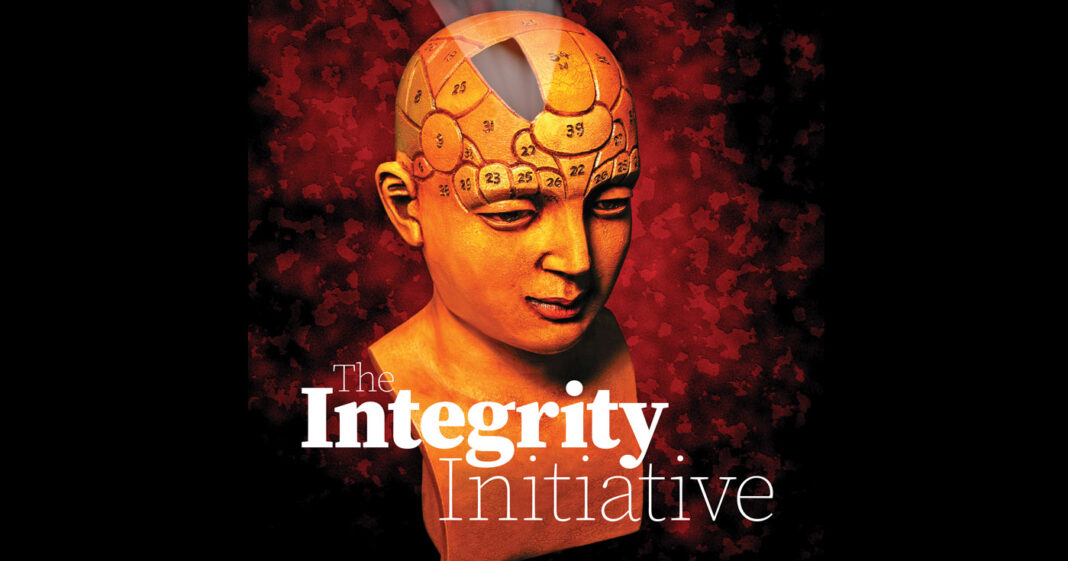
Digital capitalism
ON July 27, everyone saw immediately how well quasi-monopolists pay off—for themselves, not for society. You might get dizzy at the quarterly numbers of three American tech giants, but they’re well worth checking out. Alphabet, for example, parent company of Google, spells A for attack, B for boom, C for cash: sales of $62 billion, an increase of 57 percent, profit almost tripled. All collected from the world’s online advertisers.
Apple with CEO Tim Cook in turn reports an increase in sales of more than 36 percent to $81.4 billion. And Microsoft closes with $46 billion after $39 billion previously. Companies are bursting with strength here—clear winners of the pandemic. If you add Amazon and Facebook to this, the “Big Five” of digital capitalism now make up more than a third of the total market value of the 500 largest US companies.
Facebook presented good numbers after the US market closed. Revenue in the second quarter of 2021 was $29.08 billion, 56 percent above the previous year with $18.69 billion and thus also above the estimates of the securities analysts, who had expected around $27 billion.
The number of daily active users has increased by 7 percent to $1.91 billion. That makes Facebook by far the largest social-media platform.
If you have read Snow Crash by Neal Stephenson, then you will know the world in which the makers of the “Big Five” live. The US writer describes avatars and a virtual world that both become the new reality and corresponds to the old reality. A “metaverse.” So it’s no wonder that Facebook creator Mark Zuckerberg calls his next “big thing” “metaverse” for short. His underlings are working on an artificial online world in which users can do everything: communicate, consume media, spend and invest digital money, work, act out eroticism.
If you read the extreme success stories of these companies that are active in the Philippines also, questions come up: whether INTEGRITY is high on the agenda of these quasi-monopolists—may be the Integrity Initiative should take a deeper look, whether FAIR COMPETITION is exercised—it would be interesting to know whether the Philippine Competition Commission is studying the behavior of these dominating companies, and whether DATA PRIVACY PROTECTION is taken seriously when these companies sell our data to clients—I assume that the National Privacy Commission is watching the behavior of these large companies with concern.
What do you think? I am interested in your opinion; you can contact me at [email protected]

